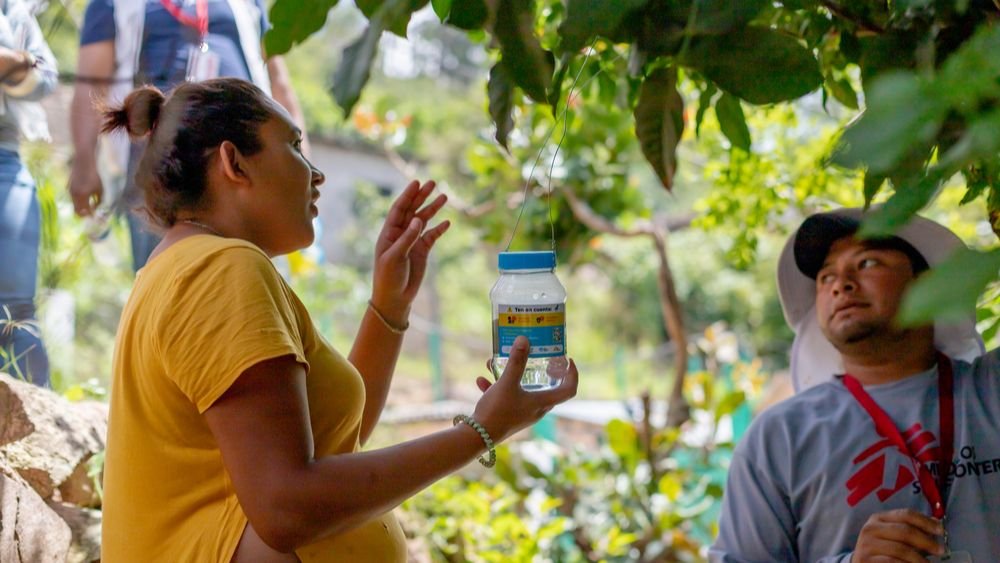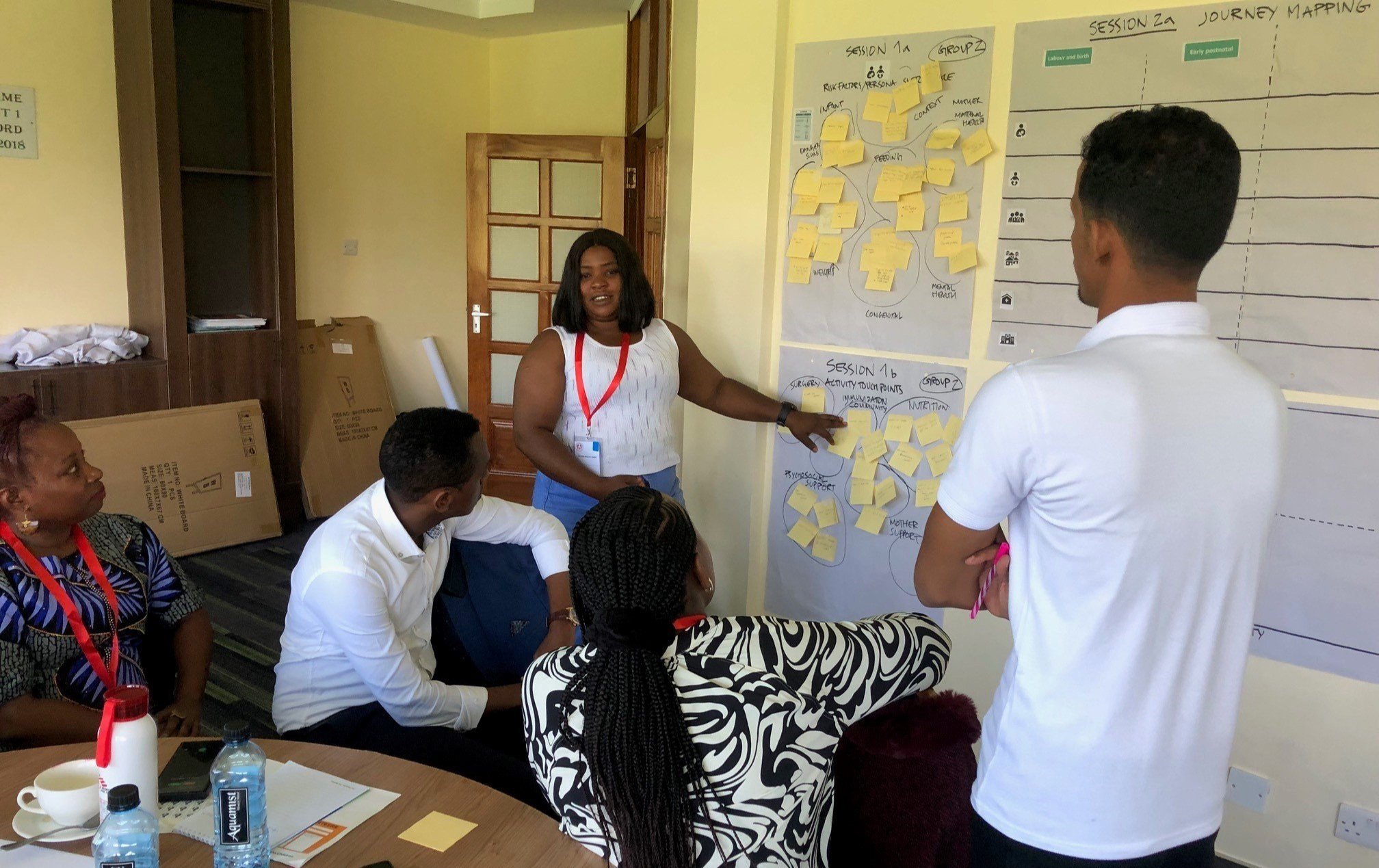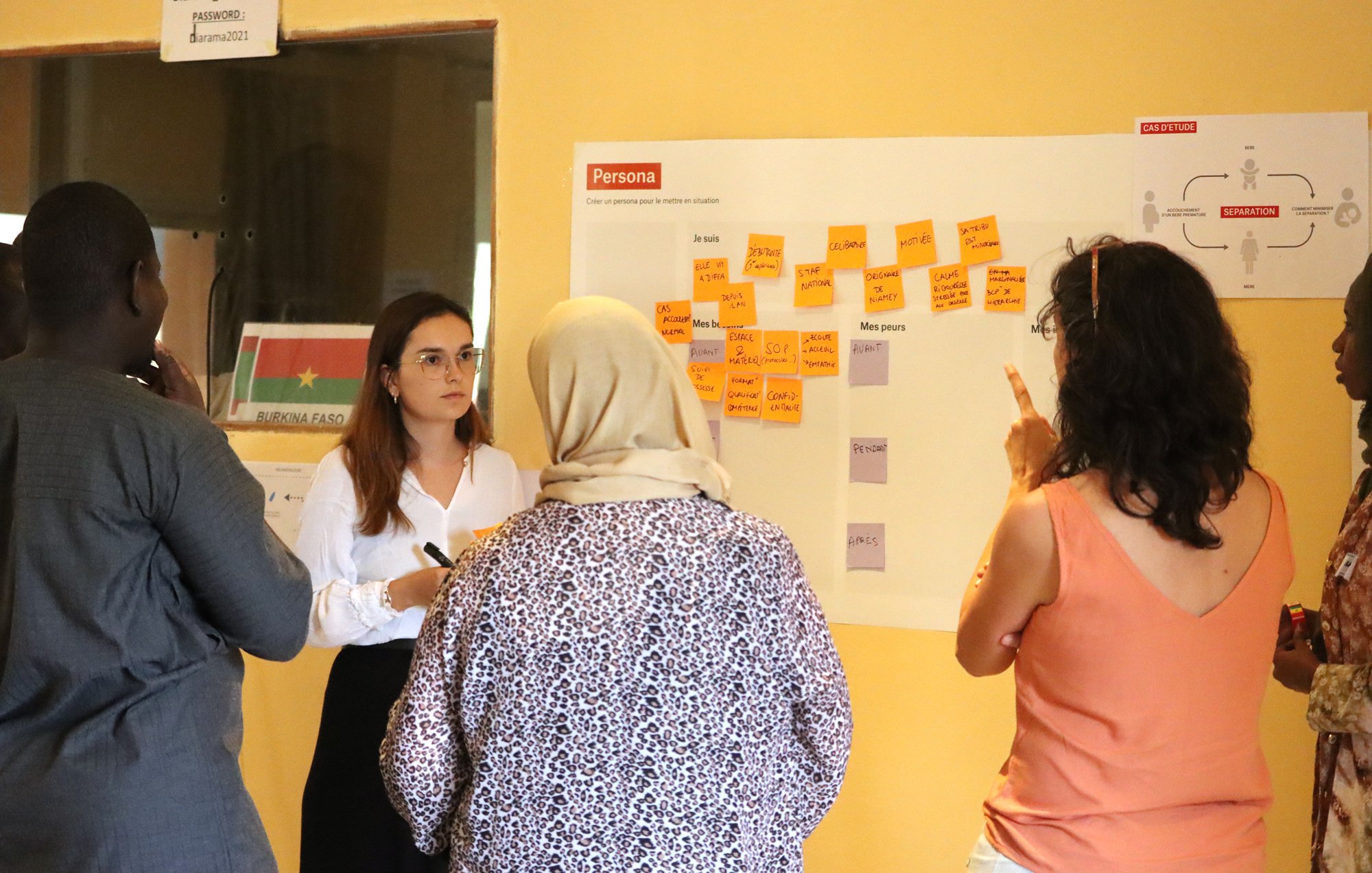
Process Innovation
Not all issues are best solved with a new tool. Sometimes, the most efficient solution is changes to existing practices and ways of workings or the repurposing or adaptation of old solutions to tackle new challenges. In the MSF Sweden Innovation Unit, we work closely with colleagues across MSF to review and revise existing processes to improve access and quality of care for the patients we assist.
What is process innovation?
Process innovation is the design or implementation of new or improved processes, methods or systems for the provision of services. Innovative initiatives that fall under this category can help teams reduce costs, increase the quality of health services provided or make them more accessible and relevant for the patients and communities MSF serves.
Due to high patient volumes and competing operational, clinical and administrative priorities in MSF projects, initiatives that explore opportunities for improvement across the whole clinical pathway are not always prioritised. Yet across MSF there are plenty of examples of successful process innovation initiatives.
How does the SIU work in this domain?
The MSF Sweden Innovation Unit’s innovation methodology is rooted in human-centred design and participatory approaches. Collaboration between different stakeholders is essential for identifying issues in existing processes and designing, testing and implementing efficient and contextually appropriate solutions together with our colleagues, patients and the local communities.
In 2022, the MSF Sweden Innovation Unit deepened our long-standing relationship with the MSF Manson Unit, which is part of MSF UK and thereby the MSF Operational Center Amsterdam (OCA). As part of this partnership, MSF SIU is working closely with the innovation team in the MSF Manson Unit to provide operational and strategic support as well as mentoring to Sapling Nursery Exploratory Grants support award-holders. The grant is open to MSF staff and serves help individuals and teams test and build out innovative ideas for revolutionising the way MSF works, in big and small ways.
Project spotlight – Play Therapy Toolkit
Children under the age of 15 make up more than 60 per cent of patients in MSF’s projects, and many have experienced conflicts, natural disasters or other traumatic events. Play therapy uses play to help a child, or a group of children, explore and express their emotions and process and cope with difficult experiences.
In 2022, MSF SIU worked with MSF Operational Center Brussels (OCB), MSF’s Play Therapist and the play team at MSF’s Mother and Child Hospital in Kenema, Sierra Leone, to develop a Play Therapy Toolkit. Designed for MSF teams, the toolkit guides users through the basics of play therapy implementations, creating therapeutic spaces, and understanding the theory and science behind play. In addition, the toolkit provides concrete, inspirational examples for making toys and play activities with limited resources
Learn more about Process Innovation
Improving care for malnourished children under six months of age
During the 2024 MSF Paediatric Days in Nairobi, Kenya, we organised a workshop on ways to improve screening for malnutrition in young infants under six months of age together with the MSF Manson Unit Innovation team and others.
Zero Separation workshop in Senegal during Paediatric Days
Zero Separation helps us create the best possible conditions for mothers and babies to receive care together, starting from birth. MSF sees this as a person-centered approach to care which will eventually reduce newborn death and promote breastfeeding.
Innovating to design solutions to challenges to patient referrals
Referrals of patients happens in almost all MSF projects. Carried out in 2021, the MSF Patient Referral project aimed at identifying frequent issues in MSF’s referral systems and designing solutions to these challenges.




